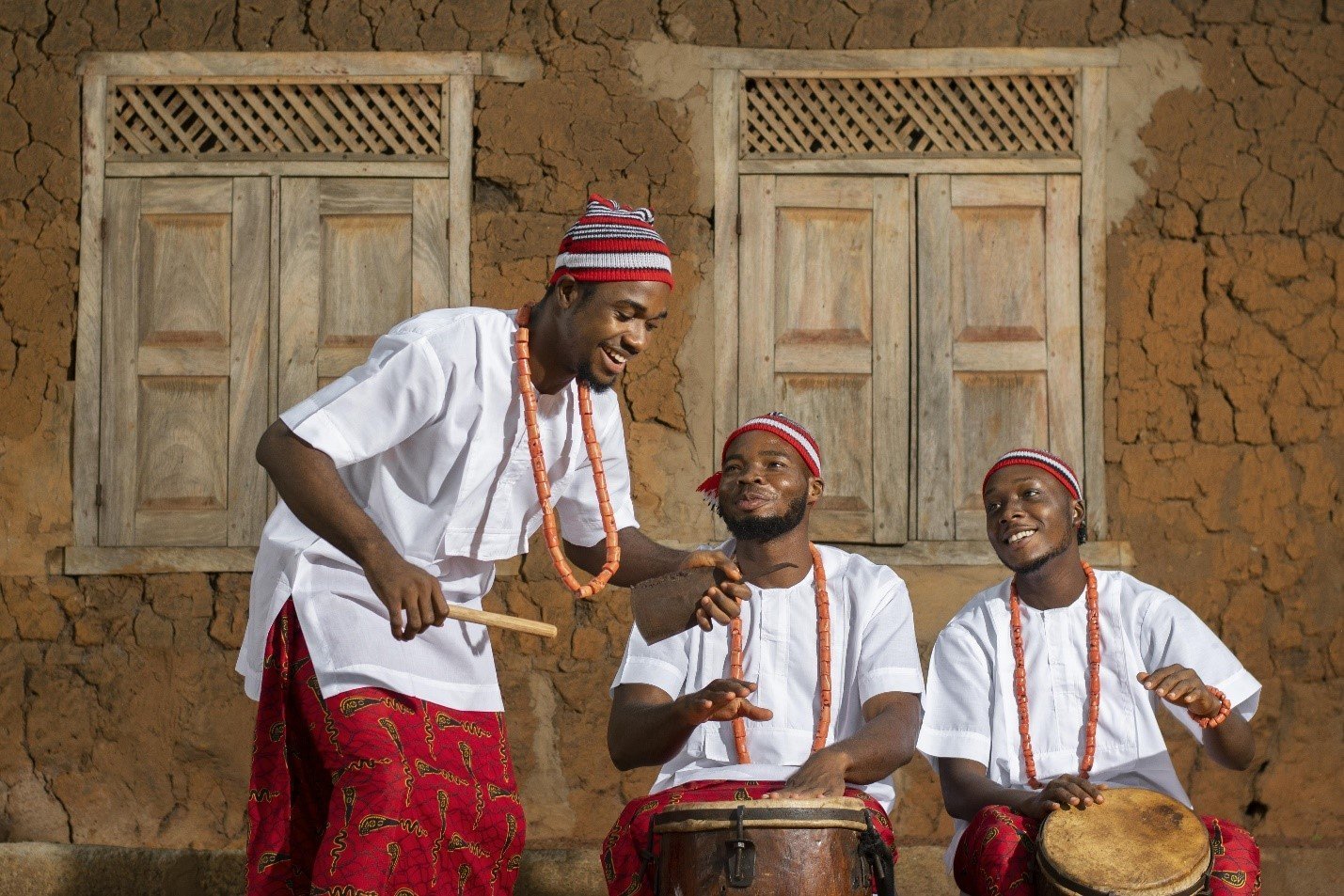Known as the “Rainbow Nation”, South Africa is popular for its wide ethnic and cultural diversity which makes it quite hard to generally talk about the culture of its population.
With a population of approximately 58,558,270 inhabitants, South Africa is a place for people from different ethnic groups including black and white Africans, the Asian population, and the mixed-race population. Each group has its own culture, traditions, and style of communication.
Many factors have affected the South African culture such as the disparities imposed by the colonial settlers against black Africans in earlier centuries. Most indigenous South Africans suffered from segregation in education, work, and social communication. However, after the end of the Apartheid state, the new laws diminished such racial distinctions to achieve fairness among all people. However, the effect of such racial discrimination remains ingrained till now among the population of South Africa and appears clearly in their attitudes.
Still, there are other things inherited from colonial settlers like languages, styles of communication, and food.
In this article, we will discuss some aspects of South African culture. Let’s dive into this.
Greetings and Communication
When dealing with South Africans, you have to consider the following tips:
- South Africans care so much about warm relationships. Thus, it is crucial to greet them warmly and respectfully when you see them, especially in rural areas.
- They commonly shake hands with eye contact and smile on their faces. However, when shaking hands with a woman, you have to wait first for her to extend her hand.
- In rural villages, the elder is usually addressed with titles meaning father, mother, or aunt. However, in urban areas, they may simply use Mr. or Mrs.
As for communication, although many things hugely depend on the cultural heritage of every group of the population, most South Africans prefer straightforward communication. Whenever they speak, they are always confident and adopt a direct style of communication. This style is ancestral to the Dutch and French settlers who were honest and clear in their communication to reach the exact point.
Holidays
South Africans have many significant dates on which they celebrate and take holidays, the following are some examples:
- Human Rights day on March 21
- Freedom Day on April 27
- Labour Day on May 1
- Women’s Day on August 9
Religion
South Africa’s constitution gives everyone the right to religion and belief. Thus, there is a wide variety of religions followed in South Africa. Although Christianity represents the most followed religion in South Africa with a percentage of 97.8 %, there are other religions practised in the country such as the following:
- Traditional African Religions (0.3 %)
- Islam (1.5 %)
- Hinduism (1.2 %)
Food
Although indigenous Africans have their own taste, the colonization periods left their fingerprints on cooking as well.
If you visit South Africa, you will notice that the most famous meals there are vegetables with corn such as mealie pap which is corn cooked with water in the form of porridge.
Sausages and meat were introduced by the English and Dutch settlers. Therefore, you can find meals like Boerewors which is plain sausage, but local butchers follow specific guidelines to make it match the original taste.
Another dish is named Bobotie which is introduced by the Dutch settlers in 1609. It consists of minced meat spiced with medium-heat curry, turmeric, garlic, lemon zest, onions, herbs, salt and pepper.
Manners
- The people of South Africa are generally sympathetic and need to feel that you are by their side in difficult times. Affection is very important for South Africans.
- They prefer face-to-face communication, especially in business deals.
- When you talk to them, you have to show great command of respect for what they are saying. Be a good listener and you will win their love.
- They are generous people and love gifts, especially if you are their host.
- Some topics are prohibited when you talk to South Africans such as race, violence, unfairness, and politics.
To sum up, having a multitude of ethnicities, South Africa is the most multicultural country on the continent. People of different cultures, languages, and religions are able to live peacefully and tolerantly with each other which makes the country a great place to visit.
Being a professional translation agency in South Africa, Afrolingo helps you communicate with South Africans and adapt your message to the country’s diverse culture.


